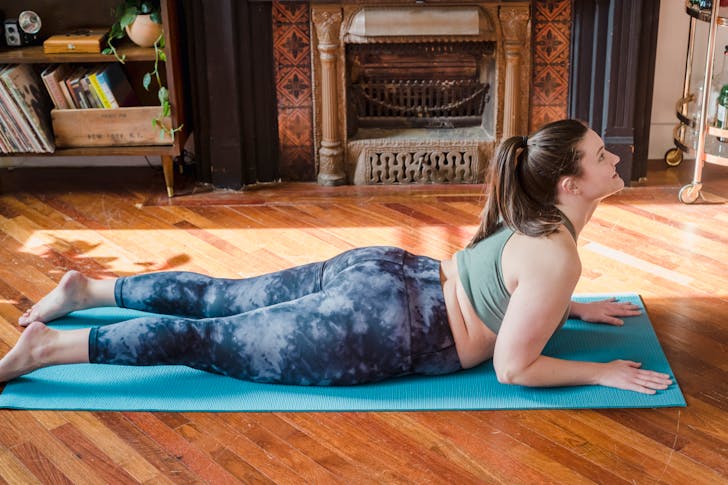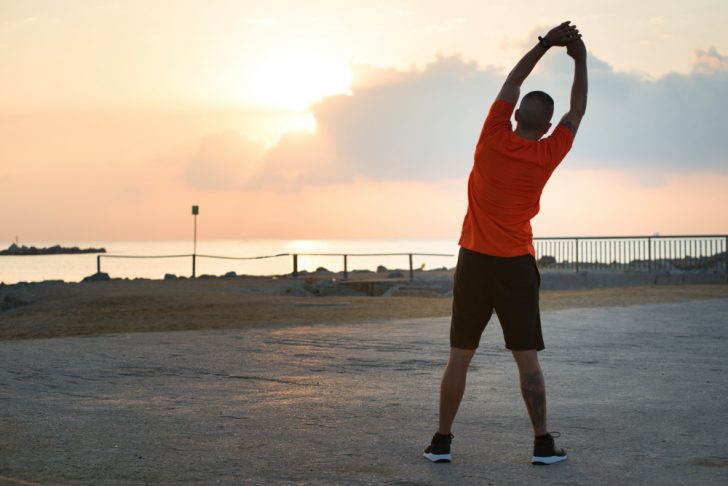The best time of day to workout is a common question for fitness enthusiasts. Whether it's to boost energy, improve performance, or enhance overall health, the timing of exercise can play a crucial role. Research suggests that the time of day you choose can impact not only how you feel during the workout but also how effective it is in achieving your fitness goals.
Morning Workouts: A Head Start on the Day
Many experts argue that morning is the best time of day to work out for several reasons. Starting the day with exercise can lead to higher energy levels, improved mood, and enhanced productivity. Research has shown that those who work out in the morning are more likely to stick to a consistent routine, helping to build long-term fitness habits.
Morning exercise also helps jumpstart metabolism, meaning you’ll burn more calories throughout the day. For individuals aiming for weight loss, studies suggest that working out before breakfast might be even more beneficial, as it encourages the body to burn stored fat for energy.

Tim Samuel | Pexels | Starting the day with exercise can lead to higher energy levels, improved mood, and enhanced productivity.
Afternoon Workouts: A Performance Boost
For those who prefer to work out later in the day, afternoon sessions have distinct advantages as well. One major benefit is that your body temperature tends to be higher in the afternoon, which can lead to better muscle function and strength. This can result in a more efficient and productive workout, especially for resistance training or high-intensity cardio.
Many people also experience a natural dip in energy in the afternoon. A workout can serve as a quick and effective way to re-energize, helping to improve concentration and focus for the rest of the day. Furthermore, exercising in the afternoon has been linked to a lower risk of injury, as the body is often fully warmed up and flexible by this time.
Evening Workouts: A Stress Reliever
For those with demanding schedules, evening workouts may be the most convenient option. Exercising after work can serve as an excellent stress reliever, helping to clear the mind and reduce tension from the day. Some studies even suggest that exercising at night can lead to better sleep, particularly if done at least two hours before bedtime.
Evening workouts are also shown to improve cardiovascular health. For example, a 2024 study found that those who exercise after dinner tend to have more stable blood sugar levels, which can be particularly beneficial for people managing conditions like obesity or insulin resistance.

@katemangostar | Freepik | Exercising after work can serve as an excellent stress reliever, helping to clear the mind and reduce tension from the day.
Matching Workouts With Goals
Ultimately, the best time to work out depends on your fitness goals. If weight loss is your main objective, morning workouts before breakfast can help burn fat more effectively. On the other hand, if your priority is building strength or increasing endurance, an afternoon or evening session might be more beneficial.
Those aiming to lower their blood pressure or manage their blood sugar levels may find that evening exercise offers the most significant health improvements. However, if convenience is a key factor, any time of day that allows you to stay consistent will yield positive results. After all, the most effective workout is the one you can commit to regularly.
Circadian Rhythms and Exercise
Your body's internal clock, or circadian rhythm, also plays a role in how effective your workout will be. These rhythms control various bodily functions, including hormone release and body temperature. Some studies suggest that matching your workout to your circadian rhythm can optimize performance.
In the morning, the hormone cortisol is naturally higher, which helps mobilize energy. However, as the day progresses, your body temperature rises, potentially offering better muscle function and flexibility during the afternoon or evening. Therefore, listening to your body and experimenting with different times can help you discover what works best for you.




